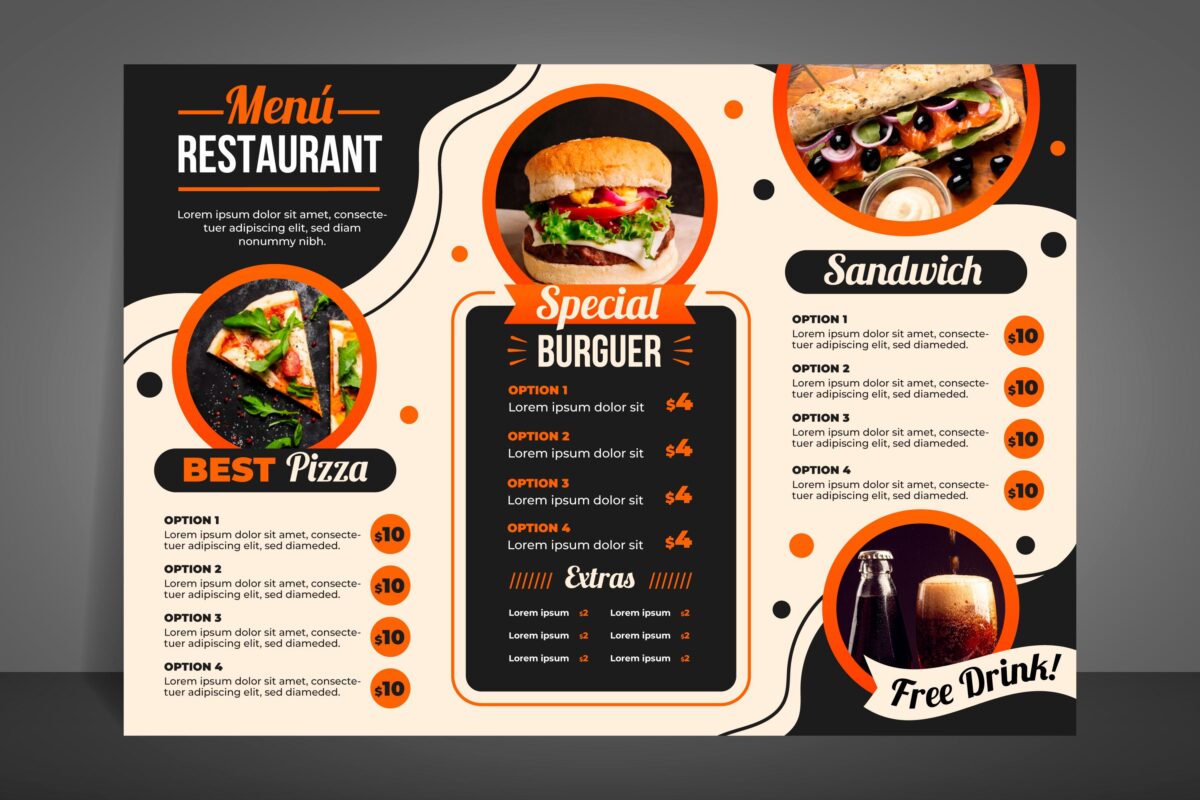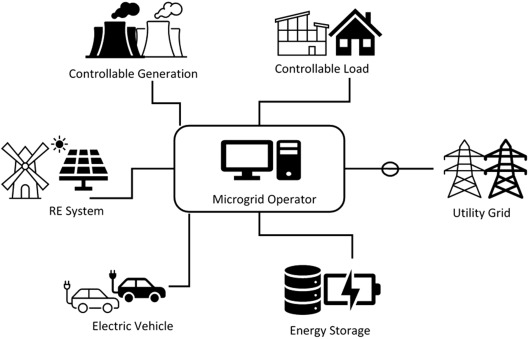The Role of Whiskey Authentication in the Selling Process
Whiskey authentication is crucial when selling whiskey. It ensures that buyers receive genuine bottles and helps sellers get fair prices. Knowing how to authenticate whiskey can impact the success of your sale, whether you are selling a single bottle or a whole collection. This blog explores why whiskey authentication is important and how it affects the selling process.
Why Authentication Matters
-
Ensuring Genuine Products
Authentication verifies that the whiskey you are selling is genuine. Counterfeit bottles can easily mislead buyers, leading to disputes and a loss of trust. Authenticity checks confirm that the whiskey is what it claims to be. This is important for both buyers and sellers. Buyers want assurance that they are paying for a genuine product, while sellers need to prove the authenticity of their bottles to secure a good price.
-
Protecting Your Reputation
When selling whiskey, maintaining a good reputation is essential. If you sell a counterfeit or misrepresented bottle, it can damage your reputation. Authenticity helps build trust with buyers. If buyers know they can rely on you to provide genuine whiskey, they are more likely to return for future purchases and recommend you to others.
-
Maximizing Value
Authenticated whiskey often fetches a higher price. Buyers are willing to pay more for bottles that have been verified as authentic. When you authenticate your whiskey, you are more likely to receive a fair price. This is especially true for rare and collectible bottles where authenticity significantly impacts their value.
How to Authenticate Whiskey
-
Check the Packaging
Examine the packaging for signs of authenticity. Authentic whiskey bottles usually come in high-quality packaging with clear labels. Look for any irregularities, such as misspelled words or poor print quality. Packaging that matches the brand’s standard design is more likely to be genuine.
-
Verify Labels and Seals
Labels and seals are important indicators of authenticity. Check the labels for consistent fonts, logos, and colors. Genuine whiskey bottles often have tamper-evident seals. Ensure that the seal is intact and matches the brand’s design. Any discrepancies could indicate that the bottle is not authentic.
-
Use Provenance Documentation
Provenance refers to the history of the bottle, including where and how it was obtained. Documentation such as purchase receipts, certificates of authenticity, and historical records can help verify a bottle’s authenticity. Providing this information can reassure buyers about the legitimacy of the whiskey.
-
Consult Experts
If you are unsure about the authenticity of a bottle, consider consulting an expert. Specialists in whiskey authentication can provide detailed analysis and verification. They have the knowledge and tools to detect counterfeits and confirm the genuine nature of the whiskey. Expert opinions can add credibility to your sale and help you avoid selling counterfeit products.
-
Conduct a Chemical Analysis
For high-value bottles, chemical analysis can confirm authenticity. This involves testing the whiskey for its chemical composition. Authentic whiskey will have a specific chemical profile that matches the distillery’s standards. Chemical analysis is a more in-depth method of verification, often used for rare and collectible bottles.
Where to Sell Whiskey
-
Online Marketplaces
When deciding where to sell whiskey, online marketplaces can be a good option. They offer a wide reach and convenience for both buyers and sellers. However, ensure that the platform has measures in place for verifying the authenticity of the products listed. Look for platforms that have strong reputations for handling authentic whiskey transactions.
-
Specialty Retailers
Selling through specialty retailers can be advantageous, especially for rare and collectible bottles. These retailers often have the expertise to handle high-value whiskey and can assist with authentication. They also attract buyers who are specifically interested in quality whiskey.
-
Auction Houses
Auction houses are another option for selling whiskey. They are experienced in handling rare and valuable bottles and often have systems in place for verifying authenticity. Auctions can be a good way to reach serious collectors who are willing to pay top prices for authenticated bottles.
-
Direct Sales
Direct sales, such as through private sales or social media, can also be effective. When selling a whiskey collection directly, it’s crucial to provide clear evidence of authenticity to build trust with buyers. Providing thorough documentation and being transparent about the whiskey’s history can help facilitate a successful sale.
Final Thoughts
Authentication plays a vital role in the whiskey selling process. It ensures the quality and legitimacy of the whiskey, protects your reputation, and helps you achieve a fair price. Whether you are deciding where to sell whiskey or preparing your collection for sale, understanding and verifying authenticity is essential. By following proper authentication practices, you can build trust with buyers and enhance the value of your whiskey collection.









